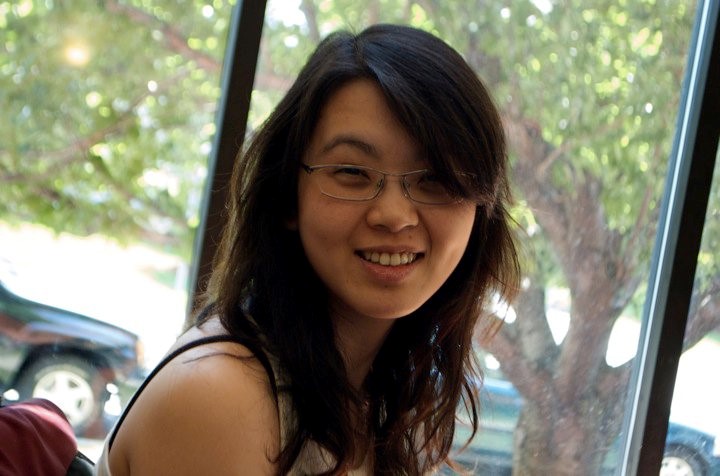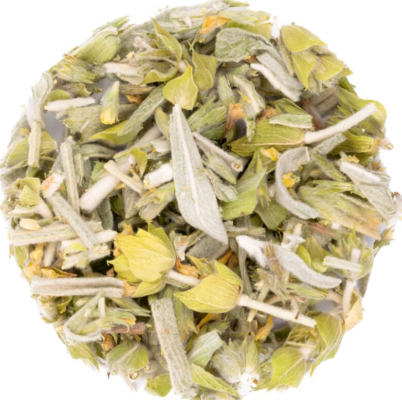Tea professional Cortilia Lin from Taiwan shares her thoughts and insights about the current state the tea industry is right now, compared to the worldwide trend. “In Taiwan, though exports declined by 26%, the domestic market remains strong. Moreover, tea farm themed travel packages also received a good level of attraction.”
2020 was a challenging year for both international trade and course hosting. Taiwan, as an exception to the world pandemic, maintained completely normal without lockdown, no online schooling and had social gatherings as usual. Though people held a strong level of precaution when attending events and dining at restaurants, we were lucky to still have concerts, professional training classes and physical events including trade shows. However, exports and tourism were badly impacted, alongside some level of decline in F&B.
With a strong focus on domestic travel, Taiwan encouraged more travel to the rural areas like mountain villages, beach resorts and even a regular unknown village where people can get away from busy work schedules. Among these rising tractions, tea farms received a new stream of activities. In addition, we also find consumers more interested in ‘lifestyle choices’. Brewing a cup of tea at home mixing with some blended flavours to either relax or pretend to be sitting at the open-air café in Paris. This activity had become a great substitute for getaway travel.

Moreover, many people refocused on their lives and pondered what matters to them truly, as the pandemic forced many to reconsider their order of priorities. Hence, the emphasis on health, family and mindful happiness was constantly in the focus of the conversation. Tea therefore played a slightly growing role in the continuous trend of health-conscious life choices.
On the side of tea farmers, there was a lot more uncertainty in exports. For tea related products, not just exports but also the imports were of concern. Shops around the world will need to compete for logistics resources like container space due to the restrictions of air and sea shipping. Though we generally appreciate the positive consumer trends of tea consumption, there were quite a number of pressing topics to address for tea related businesses.
For tea sales, every country may encounter its own challenge. In Taiwan, though exports declined by 26%, the domestic market remains strong. Moreover, tea farm themed travel packages also received a good level of attraction. Tea related business, e.g. tea shops/bubble tea shops, tea-flavored dessert, retained their popularity.
Specifically, bubble tea shops have become a key attraction even in countries like Singapore where most of these markets experience a shortage of ingredient supply due to the high demand in the product and difficulty in global shipping. Phenomenally, right when Singapore decided to close bubble tea shops for a few weeks due to the concern over overcrowded queues waiting for the drinks, crowds doubled down tremendously to savour their last cups of enjoyment which resulted in a never-before-seen mega queue.
For countries where lockdowns were imposed, the story was completely different. Tea could not be sold together with food for customers to enjoy the ambience. Friends working in the tea shops out of US and Europe reported some level of sales growth in tea shops but many boutique shops were forced to close due to the three way struggle between rental, manpower cost and tea sales.
B2B tea sales became extremely difficult. In addition, the severed global logistics chain also made it harder to obtain new teas coming out of boutique tea farms overseas. On the other hand, some tea shops decided to move tea sales online. Distributing tasting kits physically remained a challenge but at least overhead costs were made more manageable due to online sales.
About Cortilia Lin:
Cortilia has decided to support the development of the tea industry in the broader professional training content by creating a virtual reality start-up – Kyalio. Cortilia and Kyalio team work on Mixed Reality for professional training and education, aiming to bring more cross-border educational content online and promote tea training and stories in a new level of imagination. With 15 years of experience in technologies and innovative design thinking across three continents, Cortilia will be bringing ‘Stories about Tea’ with even more flavour in the future.



